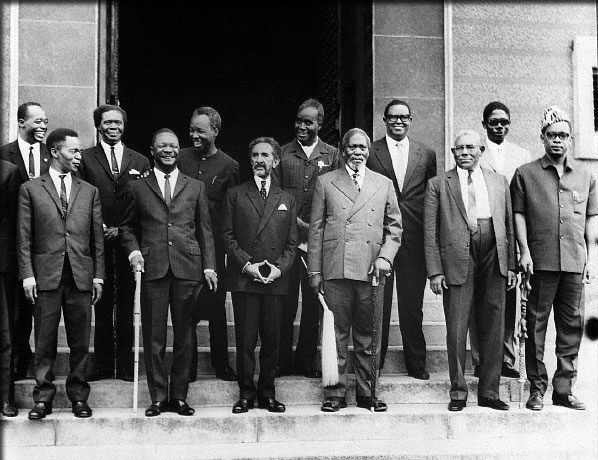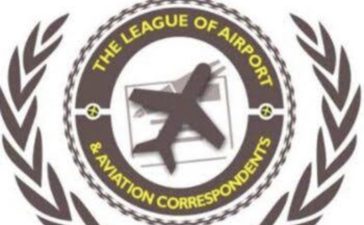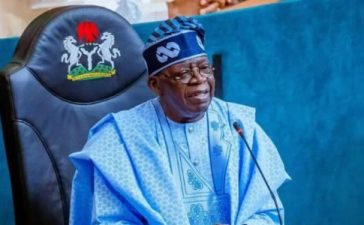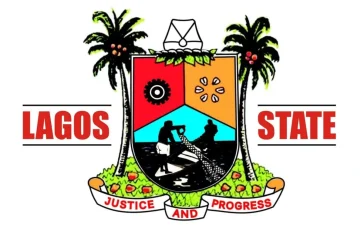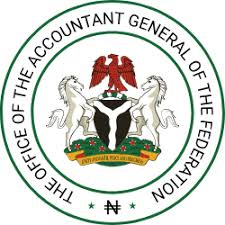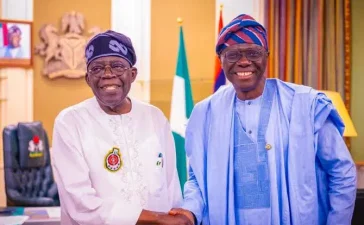The founding of the Organization of African Unity (OAU) in 1963 marked a significant moment in Africa’s history. The OAU aimed to promote unity, solidarity, and cooperation among African nations, as well as to work towards the decolonization of Africa and the eradication of apartheid.
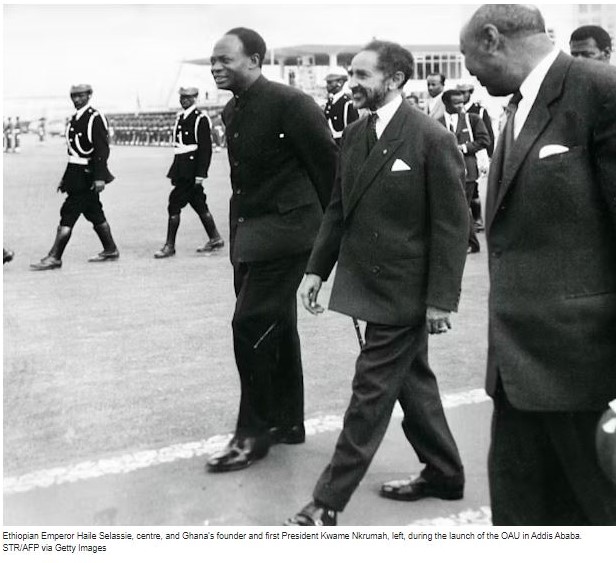
In 2002, the OAU was succeeded by the African Union (AU), which further expanded on the goals and objectives of its predecessor. Over the past 60 years, the OAU and the AU have made notable contributions towards the realization of the vision set forth by the founding fathers. Some key achievements and areas of impact include:
Decolonization and Independence: The OAU played a crucial role in supporting African countries in their struggle for independence from colonial rule. Through diplomatic efforts and solidarity, the OAU helped to secure the decolonization of many African nations, allowing them to assert their sovereignty and pursue self-determination.
Peace and Security: The OAU and its successor, the AU, have been active in promoting peace and security in Africa. They have facilitated peace negotiations, deployed peacekeeping missions, and supported conflict resolution efforts on the continent. The AU’s Peace and Security Council plays a vital role in addressing regional conflicts and maintaining stability.
Pan-Africanism and Unity: The OAU and AU have fostered a sense of pan-Africanism and unity among African nations. They have provided platforms for dialogue, collaboration, and collective decision-making, promoting African integration and cooperation across various sectors.
Development and Economic Integration: The AU has placed a strong emphasis on economic development and integration within Africa. Initiatives such as the African Continental Free Trade Area (AfCFTA) seek to promote intra-African trade, boost economic growth, and enhance regional integration. The AU also champions sustainable development and has launched initiatives focused on agriculture, infrastructure development, education, and healthcare.
Human Rights and Social Justice: The OAU and AU have been at the forefront of advocating for human rights and social justice in Africa. They have supported efforts to combat discrimination, promote gender equality, protect the rights of marginalized groups, and address issues such as child labor, human trafficking, and HIV/AIDS.
While significant progress has been made, challenges and gaps remain. Some areas where the vision of the OAU’s founding fathers may not have been fully realized include:
Conflict and Instability: Africa still faces numerous conflicts and security challenges, often rooted in issues such as governance, resource disputes, and ethnic tensions. The AU continues to work towards resolving these conflicts, but achieving lasting peace and stability remains a complex task.
Socioeconomic Inequalities: Africa still grapples with high levels of poverty, inequality, and limited access to basic services such as healthcare and education. The AU’s development initiatives aim to address these challenges, but more efforts are needed to ensure equitable and inclusive growth.
Democratic Governance: While progress has been made in promoting democratic governance across the continent, some countries still face challenges related to political freedoms, human rights, and democratic institutions. The AU’s efforts to strengthen governance and democracy continue, but there is room for improvement.
Climate Change and Environmental Sustainability: Africa is vulnerable to the impacts of climate change, including droughts, floods, and food insecurity. The AU has taken steps to address these issues through initiatives such as the African Renewable Energy Initiative, but further action is needed to ensure environmental sustainability and resilience.
Overall, the OAU and its successor, the AU, have played significant roles in advancing Africa’s interests, promoting unity, and addressing key challenges. While progress has been made, there are still areas where further efforts are needed to fully realize the vision of the founding fathers and ensure a prosperous and united Africa. Continued commitment, collaboration,
One development not anticipated when the OAU was founded in 1963 was the subsequent establishment of regional economic communities. There are over a dozen of these. Out of the eight officially recognised by the AU, the most significant are the Economic Community of West African States (ECOWAS), the Southern African Development Community (SADC), and the East African Community (EAC).
These three are each free trade areas and, on paper at least, the ECOWAS and EAC are custom unions. These each provide stepping-stones towards that continental common market that Nkrumah had lobbied for back in 1963.
There were two competing visions lobbying at the founding. Kwame Nkrumah, Ghana’s president, in his Africa must Unite speech, argued the pan-African case for continental federalism, for a Union of African States, with one continental diplomatic corps, one department of defence, and a common market.
He was hugely outvoted by other presidents refusing to give up their sovereignty. So the OAU, formed on 25 May 1963, was instead modelled on the Organisation of American States. It was an inter-governmental organisation whose charter pledged it to not interfere in the internal affairs of its member states – even in the event of massacres. This followed the precedents of the UN United Nations, the Arab League, and the Organisation of American States, and would soon be followed by the Association of South-East Asian Nations (ASEAN).
The OAU was committed to decolonisation, including the end of apartheid in South Africa and the settler regime in Southern Rhodesia (Zimbabwe). It contributed herculean diplomatic lobbying and sanctions to achieve this. Its Liberation Committee, based in Dar es Salaam (the Tanzanian commercial capital), donated weapons and funds to the insurgencies in South Africa, Zimbabwe, Namibia, Angola, and Mozambique.
The hits
One success of the AU is its growing prestige. After its founding in 2002, Wikipedia did not consider it merited an entry until 2011. But today 50 non-African states accredit ambassadors to the AU. The diaspora demanded inclusion during South African president Thabo Mbeki’s leadership, and is now formally recognised as the “sixth region” of the AU since 2003. Caribbean nations, members of CARRICOM, recently started formal links with the AU: these are African-descendant nations, abducted out of Africa during centuries of slave trade.
The AU architecture for peacekeeping and peacemaking has no peer in the Organisation of American States, Arab League, or ASEAN. While most AU organs meet only twice per year, the Peace and Security Council has met twice per month since its founding in 2004.
Dozens of its ad hoc military missions help governments with the suppression of terrorism everywhere from the Sahel to northern Mozambique. Various AU and regional economic community peacekeepers have served in the Democratic Republic of Congo’s numerous civil wars for decades.

